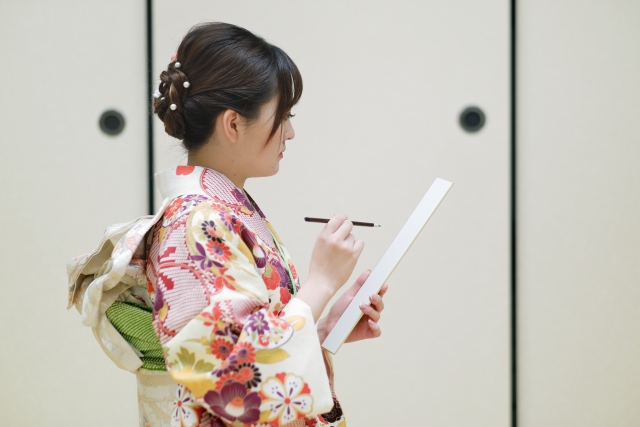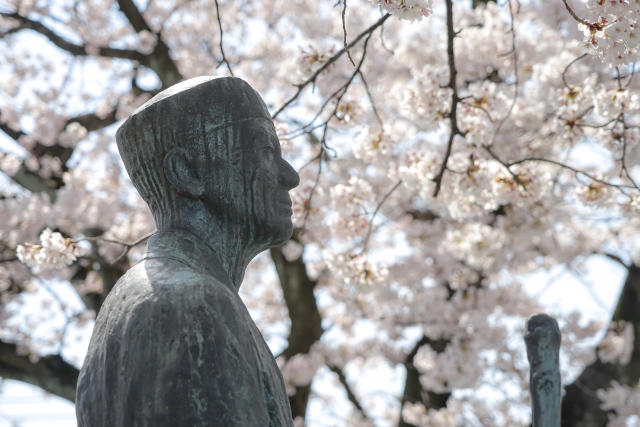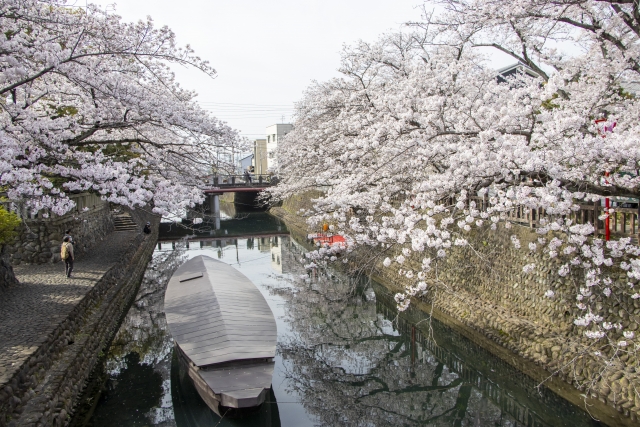What is the origin and cultural appeal of haiku?
Haiku is one of the most beautiful and profound forms of poetry in Japanese literature. It has a long history and has been nurtured and inherited by many great haiku poets. The appeal of haiku lies in its brevity, use of seasonal words, and the deep sensitivity with which it captures fleeting scenes of nature and humans.
In this article, we will introduce the origins and charm of haiku.
What is haiku?

Haiku is a Japanese form of poetry, consisting of short three-line poems. It usually has a three-line structure consisting of five-syllables, seven-syllables, and five-syllables. Haiku is characterized by delicately expressing nature, the seasons, and human emotions and scenes. Techniques such as seasonal words, shifts in meaning, and hadai (hadai: reversing the meaning of a haiku) are used to create poems with deep meaning in simple words. Haiku occupies a particularly important position in Japanese literature, and is loved by many people for its beauty and depth.
Origin of Haiku

The origins of haiku date back to Japan in the early 17th century. During this period, haiku was established by haiku poets such as Matsuo Basho and Kobayashi Issa. They honed their skills to delicately express nature and human activities in short poems. In particular, Basho's “Oku no Hosomichi”and Issa's collection of haiku are considered monuments of haiku.
What is the cultural appeal of haiku?

The charm of haiku lies in its brevity and simplicity. A three-line poem consisting of just 17 sounds (5-7-5 syllables) can express a rich variety of scenes and emotions. The use of seasonal words is also an important element of haiku. Seasonal words are words that refer to specific seasons or natural phenomena, and have a symbolic meaning in haiku. For example, “cherry blossoms” symbolize spring, “cicadas” symbolize summer, “autumn leaves” symbolize autumn, and “snow” symbolizes winter. By using seasonal words, you can give your haiku a sense of the seasons and the passage of time.
The charm of haiku lies not only in its simplicity, but also in its deep sensitivity and wonderful expressiveness. The purpose of haiku is to capture a momentary scene or emotion and leave a lasting impression on the reader. Haiku writers draw inspiration from familiar scenery and events, and capture the beauty and melancholy of those moments in their poems. For this reason, haiku is loved by many people and enjoyed in their daily lives.
Haiku also has a deep connection with Japanese culture and nature. The feelings and climate of the Japanese people, as well as the beautiful nature of each season, are the subject matter of haiku and are reflected in the poems. Haiku is also influenced by Zen and is a form of poetry that emerges from meditation and quiet observation. Against this background, haiku is not only a form of poetry, but also a symbol of Japanese culture and spirit.
Modern haiku is created by new poets while inheriting tradition. With the spread of the Internet and SNS, haiku has spread all over the world, creating new opportunities for expression. Younger generations of poets, while preserving the traditional form of haiku, are incorporating new themes and expressions that respond to changes in modern society and technology.
summary
Haiku has a special place in Japanese literature and culture, with its short poetic forms imbued with deep meaning and beauty. Haiku, which delicately expresses nature, the seasons, and human emotions, is loved by many people and continues to have an eternal appeal.

Japanese Haiku of history and charms